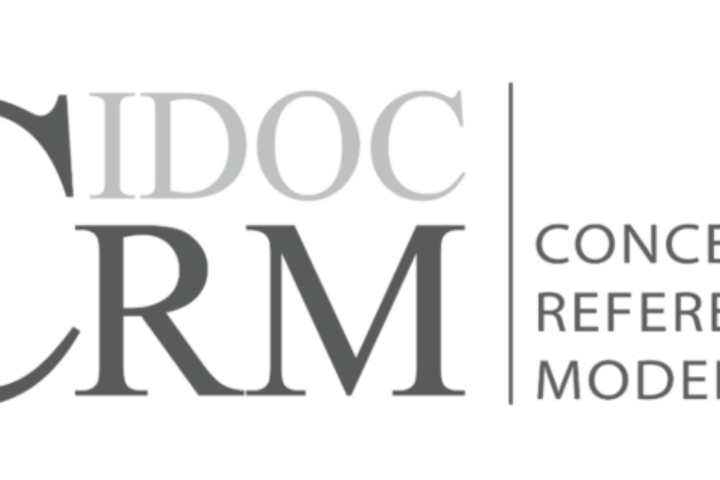June 2, 2021
CIDOC CRM new version News

The CIDOC Conceptual Reference Model (CRM) is a theoretical and practical tool for information integration in the field of cultural heritage. It can help researchers, administrators and the public explore complex questions about our past across diverse and dispersed datasets.
The CIDOC CRM is a living standard and is developed in a manner that is intended to promote a shared understanding of cultural heritage information by providing a common and extensible semantic framework for evidence-based cultural heritage information integration. It is intended to be a common language for domain experts and implementers to formulate requirements for information systems and to serve as a guide for good practice of conceptual modelling. In this way, it can provide the “semantic glue” needed to mediate between different sources of cultural heritage information, such as that published by museums, libraries and archives.
The base ontology, CIDOC CRM, is complemented by a series of modular extensions. These extensions are designed to support different types of specialized research questions and documentation such as bibliographic documentation, archaeology or geoinformatics, and are developed in partnership with the research communities in question.
The CIDOC CRM is enjoying a rapidly increasing popularity in the cultural heritage domain and even beyond. Major organisations have recently adopted it, and some countries have turned ISO21127 into national standards, such as China in 2020.
The CIDOC CRM is the outcome of over 20 years of development and maintenance work, originally by the CIDOC Documentation Standards Working Group and, presently, by the CIDOC CRM SIG, both of which are working groups of CIDOC. In December 2006, it was recognized as an official ISO standard. Based on CIDOC CRM version 5 this status was renewed in 2014 as ISO 21127:2014.
Since then the CRM SIG is continuously working on further development of the model, and in May 2021 the new official version 7.1.1 was released (http://www.cidoc-crm.org/version/version-7.1.1). This new, official version of the standard is extended with a number of new classes and properties. Some “experimental” constructs had to be abandoned in the development process, and the overall result is improved and more consistent. The extended and revised introduction contains a compact description of the major theoretical underpinnings of the CIDOC CRM, in terms of scope, function, relation to reality, extensibility, connections to other ontologies and standards, and the relationship of knowledge bases and their maintainers. The definitions of the classes and properties are thoroughly checked. They now follow a standard template which makes it easy to convert into formal structures such as JSON. This has already proved useful for supporting and coordinating the current translation initiatives (Chinese, French, Italian, Spanish and Ukrainian)
More information about the CIDOC CRM SIG and development of CRM and extensions can be found at http://www.cidoc-crm.org